As we read this story, we had one burning question - how can we replace our collective imagination of Native Americans with authentic experiences that increase our understanding? As students realized from the story above, good intentions are not enough. If we allow ourselves to remain ignorant, we can end up causing embarrassment at best, and trauma at worst.
Learning and Growing through Volunteering
As PKS teachers, we are always seeking new ways to practice our Habits of Character (respectful, responsible, resilient, collaborative, globally minded, caring and reflective) and bring them to life for our students within and beyond our school community. My own journey took an unexpected turn this past August as a result of an amazing and transformative professional development experience, an experience I want to bring to my students in the classroom.
A word, as a dad and an administrator, on the Kavanaugh story
As many of you know, I have a P3 student here at PKS, and a 2 year old son whom I hope will join us when he is old enough. Both kids were in the car with me on Thursday morning as I tuned in to the Judiciary Committee hearings in which Dr. Christine Blasey Ford courageously told her story. I found myself feeling confused, and a bit helpless, as I tried to balance my civic impulses and my fatherly impulses.
PKS Selected to Present at National Chinese Language Conference
Structured Word Inquiry: Understanding How English Works!
First Graders are Community Planners!
Last week, our PKS first graders continued their discussion on "community." Students read the mini-book I Love My Community and used the Chinese names for libraries, parks, toy stores, restaurants, and soccer fields. The mini-book ended in an open-ended form that invited students to think about what other places could be added to a community to make it even better.
Exciting Head of School News
Chris Livaccari, a distinguished language immersion educator, Mandarin scholar, Mandarin speaker, and author, has been named our next Head of School by unanimous vote of the Board of Trustees. Among the highly talented candidates who visited the school in recent months, Chris stood out for his commitment to educational excellence and his deep knowledge of and involvement in Mandarin language learning on an international scale. Chris’s bright vision for PKS’s future and his inquisitive, warm, down-to-earth style made him the ideal match for our school.
A Year of Service Learning
Teachers weave in opportunities to integrate service learning into the units of exploration that they develop with their students. For example, as a part of the first grade’s work learning about habitats, they partnered with the San Francisco Parks and Rec department to work on a habitat restoration project in Golden Gate Park. Learning matters more when we get to apply and extend our knowledge and have a positive impact on our community.
Kindergarten: Field to Table
In this engaging unit, teachers helped children answer a few essential questions: Where does food come from? How and why do we grow our own food? How do people organize the environment to produce and distribute food? How does knowing about our food help us make healthy choices? The unit was based on four basic premises: First, all living things have basic needs. Second, plants and animals have life cycles. Third, some foods are regional and/or seasonal. And fourth, gardens require care and attention. Through these lenses, students dove deep into lessons about geography, environmental science, math, and non-fiction vs. fiction.
Teacher Profile (Mei Ying Tzeng)
There is no instruction manual on how to teach children. Children don’t need to follow anyone to explore the world. Instead, we focus on children’s learning processes and experiences, not on pushing children to remember all the academic material. Teachers and children observe, find questions, search for the result and solve issues together; building knowledge and gaining new experiences while learning from each other.
First Grade: The Building Unit
The first grade blue class is in their third week of their building unit. There is tension in the air as students fly around the classroom putting the finishing touches on their projects before the final exhibition on Friday. Some projects boast tall towers made of cardboard, while others are short, squat structures secured by wooden columns, but they all have one thing in common: they were handmade and designed by a first grade student with the intent of learning about buildings.
Teacher Profile (Xi Song)
When I was little, I was a very active kid. I always wondered about things and was always asking “what if” and “why.” I remember I would just go out and play in nature since we lived very close to a stream and a big hill, and I was so fascinated by those living plants and creatures. I kept asking questions about them. Later, when I could read more, I found answers to many of my questions. I think that was my first inquiry-based learning, and although it was not a full experience, it still has helped me shape my learning habits.
Second Graders and “My City” (我的城市)
The two PKS second grade classes kicked off the year with an exciting dive into their own habitat: San Francisco. The 我的城市 (“My City”) unit of exploration encouraged them to ask and answer big questions: What is a city? What does it take for people to live together and get along? What infrastructure is critical to keeping a community peaceful? What are the biggest problems in San Francisco?



